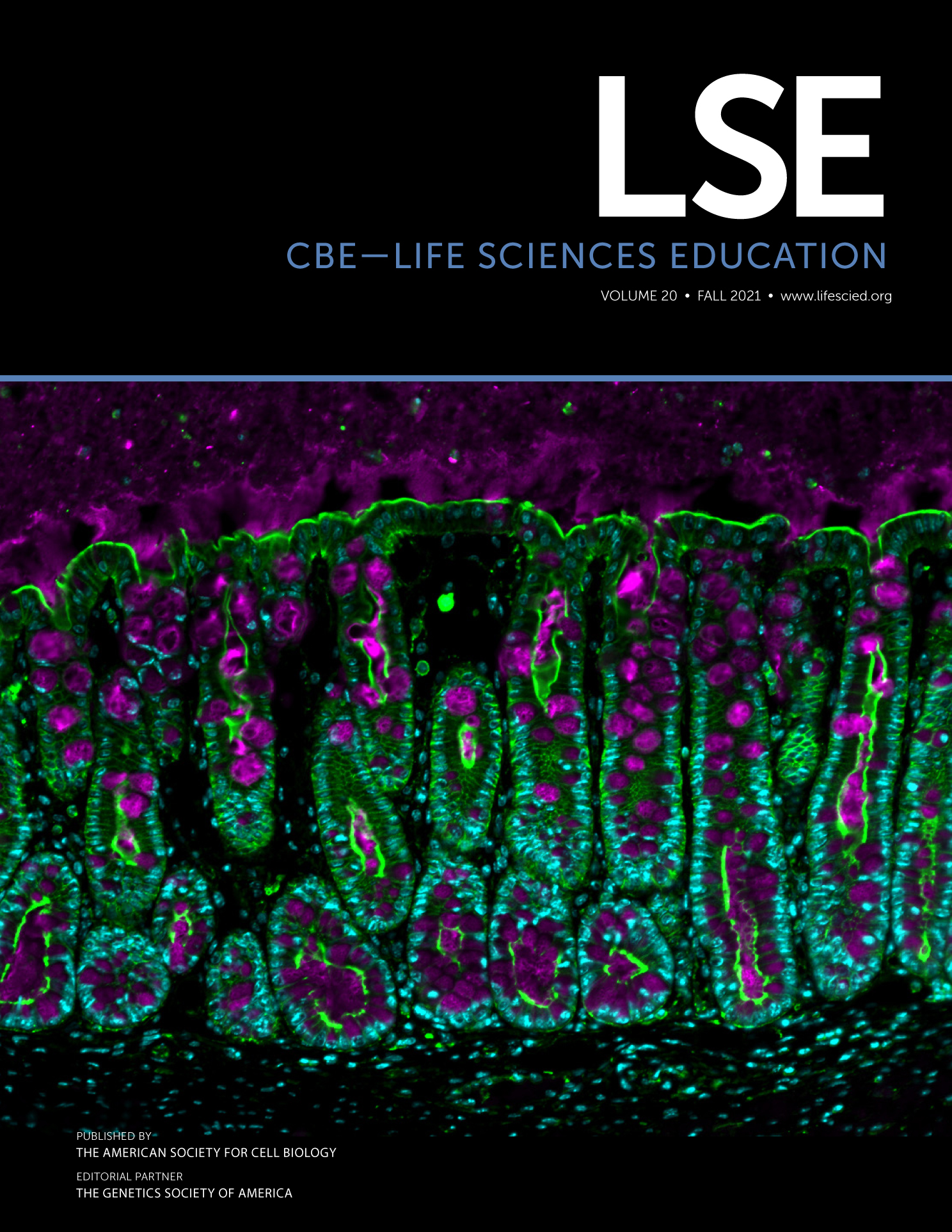A Detailed Characterization of the Expert Problem-Solving Process in Science and Engineering: Guidance for Teaching and Assessment
Abstract
A primary goal of science and engineering (S&E) education is to produce good problem solvers, but how to best teach and measure the quality of problem solving remains unclear. The process is complex, multifaceted, and not fully characterized. Here, we present a detailed characterization of the S&E problem-solving process as a set of specific interlinked decisions. This framework of decisions is empirically grounded and describes the entire process. To develop this, we interviewed 52 successful scientists and engineers (“experts”) spanning different disciplines, including biology and medicine. They described how they solved a typical but important problem in their work, and we analyzed the interviews in terms of decisions made. Surprisingly, we found that across all experts and fields, the solution process was framed around making a set of just 29 specific decisions. We also found that the process of making those discipline-general decisions (selecting between alternative actions) relied heavily on domain-specific predictive models that embodied the relevant disciplinary knowledge. This set of decisions provides a guide for the detailed measurement and teaching of S&E problem solving. This decision framework also provides a more specific, complete, and empirically based description of the “practices” of science.



